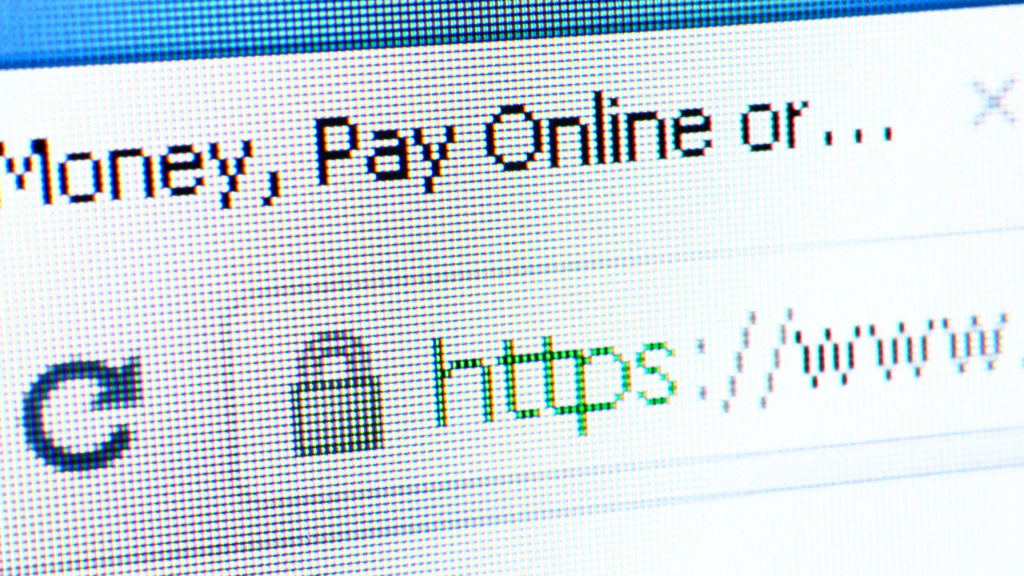It’s that time again! Although the Census Bureau conducts more than 130 surveys every year, every ten years they conduct a massive survey to count every person living in the country. And just as surely as we can depend on the decennial count by the Census Bureau, we can trust that scammers will use this opportunity to attempt to steal personal information from consumers.
It is important for everyone to respond to the census. According to the official census site at 2020census.gov, “The 2020 Census will determine congressional representation, inform hundreds of billions in federal funding every year, and provide data that will impact communities for the next decade.” Invitations to participate were sent to households across the country in March 2020, with instructions to respond online, by mail or over the telephone. Each invitation includes a code so the Census Bureau knows who has responded. Households that do not respond will be visited by census takers to complete the census in-person.
While the census questionnaire includes such things as how many people live in the home; their sex, age, race and ethnicity, etc., the Census Bureau will never ask for your full Social Security Number or bank or credit card account numbers. Additionally, they will not solicit money or donations and do not represent any political party.
The American Association of Retired Persons (AARP) offers the following tips to stay safe from census scams:
- If you receive an unsolicited email purporting to be from the Census Bureau it is a scam. For household surveys and the decennial Census, the agency almost always makes contact by mail.
- Do not provide money or financial data, such as the number of your bank account or the amount of money it contains, to someone claiming to be a census taker.
- Taking part in the Census is required by law, and you can be fined for not doing so, but you can’t be imprisoned. If a supposed census taker threatens you with arrest, it is a scam.
- Verify that any census taker who comes to your home is legitimate. They should have a Census Bureau photo ID badge (with a Department of Commerce watermark and an expiration date) and a copy of the letter the bureau sent you.
- Don’t reply, click links or open attachments in a suspicious census email. Forward the message to ois.fraud.reporting@census.gov.
To report suspected fraud, contact the Census Bureau at 800-923-8282. You can also file a report with the Federal Trade Commission at https://ftc.gov/Complaint.



